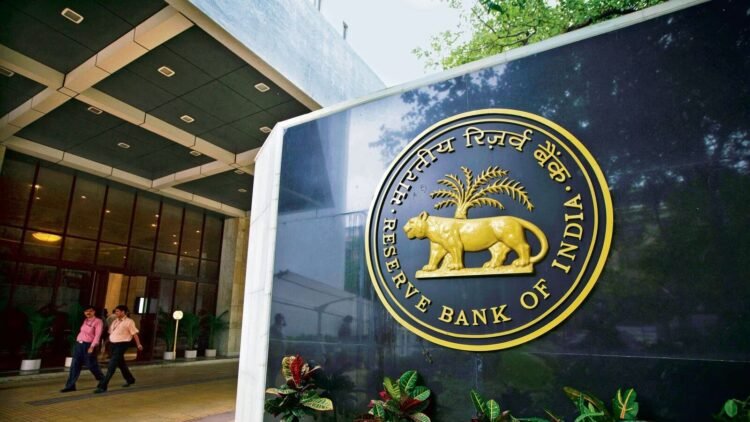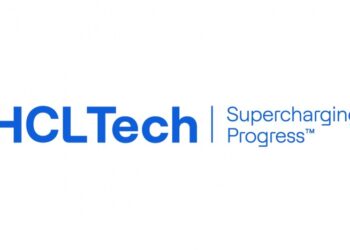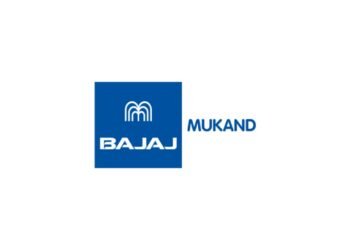NEW DELHI (India CSR): In a bold step to enforce compliance, the Reserve Bank of India (RBI) has levied hefty fines on two prominent banks—HDFC Bank and Punjab & Sind Bank—for failing to meet critical regulatory standards. Announced on March 26, 2025, these penalties totaling Rs 75 lakh and Rs 68.2 lakh respectively, spotlight the central bank’s resolve to uphold transparency in India’s financial system. For millions of customers, this action reveals the behind-the-scenes efforts to ensure the banks they trust operate within the rules.
These fines, uncovered during routine inspections, won’t disrupt daily banking activities but signal a broader push for accountability. Let’s dive into what went wrong and why it matters.
HDFC Bank’s KYC Missteps Trigger Rs 75 Lakh Penalty
HDFC Bank, a titan in India’s private banking space, was slapped with a Rs 75 lakh penalty following an RBI inspection of its financials as of March 31, 2023. The central bank zeroed in on breaches of Know Your Customer (KYC) norms—rules designed to prevent fraud and illicit financial flows.
The bank stumbled by not categorizing customers into low, medium, or high-risk groups, a key requirement for monitoring potential threats. Worse still, it issued multiple identification codes instead of a single Unique Customer Identification Code (UCIC) per customer, muddying its compliance efforts. Despite HDFC Bank’s defense, the RBI found these lapses significant enough to impose the Rs 75 lakh fine, proving no institution is too big to escape scrutiny.
Punjab & Sind Bank Hit with Rs 68.2 Lakh Penalty for Reporting Gaps
On the same day, Punjab & Sind Bank, a public-sector player, faced a Rs 68.2 lakh penalty for its own shortcomings. The RBI flagged the bank for failing to report large non-fund-based exposures—borrowers with credit limits exceeding Rs 5 crore—to the Central Repository of Information on Large Credits (CRILC). This oversight hampers efforts to track risks across the banking network.
The bank also flouted financial inclusion norms by allowing some Basic Savings Bank Deposit Account (BSBDA) holders to open additional savings accounts, contradicting the RBI’s guidelines for these no-frills accounts. The Rs 68.2 lakh fine reflects the seriousness of these breaches and the RBI’s commitment to equitable banking access.
What This Means for Customers and the Banking Industry
The RBI reassured customers that these penalties target procedural flaws, not the validity of their accounts or transactions. For HDFC Bank’s vast clientele and Punjab & Sind Bank’s regional base, it’s business as usual. Yet, the fines underscore the need for banks to strengthen their systems—a message that resonates as India’s financial sector evolves in 2025.
With digital banking booming and regulatory expectations rising, these penalties could spur other banks to tighten their compliance game. The RBI’s actions also hint at potential further measures if issues persist, keeping the industry on its toes.
A Broader Push for Accountability
The RBI has a track record of cracking down on non-compliance, with penalties hitting various financial entities in recent years. As India’s economy expands and its banking systems grow more interconnected, such oversight is vital to maintaining stability. For HDFC Bank and Punjab & Sind Bank, the Rs 75 lakh and Rs 68.2 lakh penalties are a costly lesson—one that could ripple across the sector.
(India CSR)






















